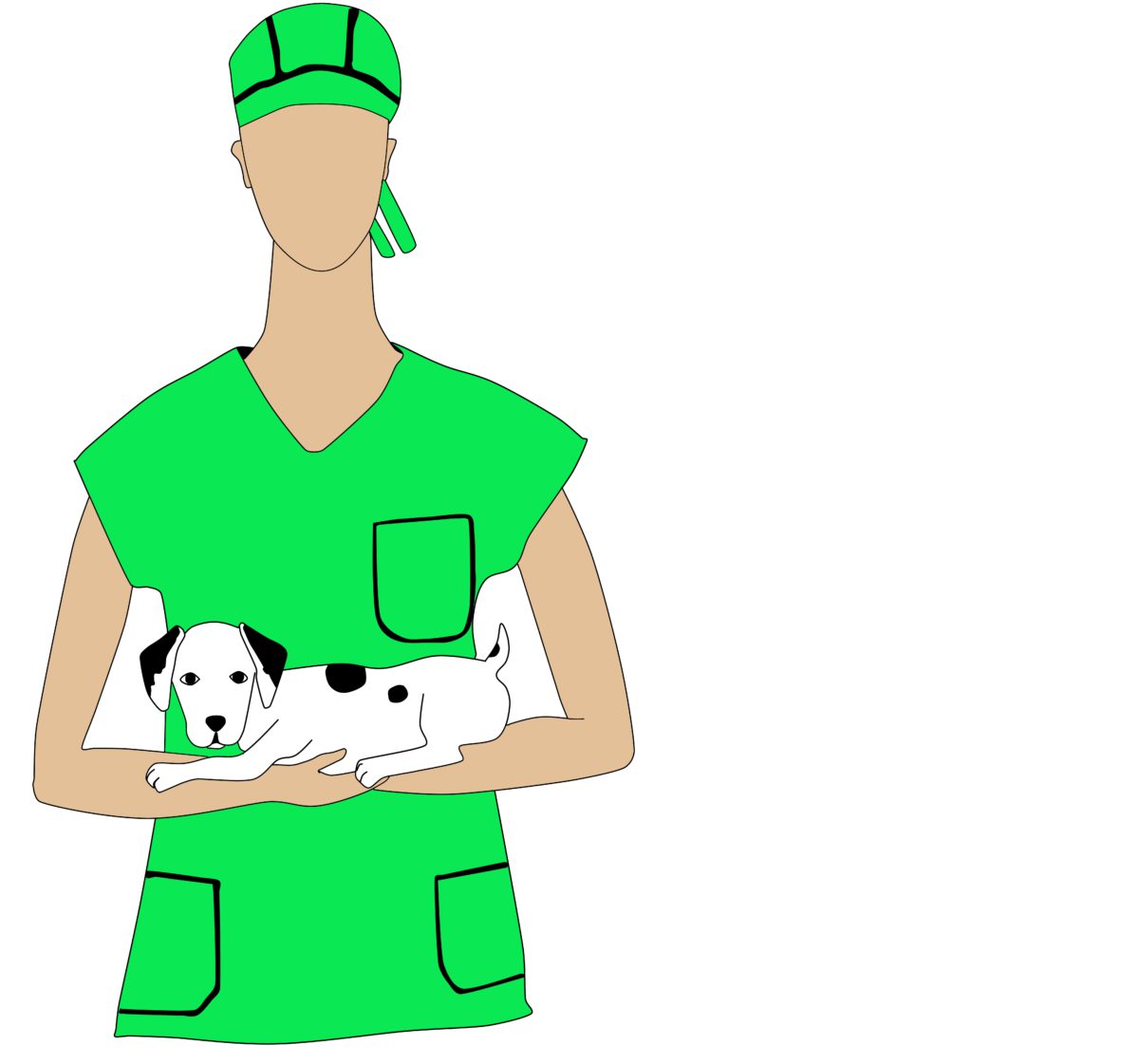
What is Veterinary Science?
- March 20, 2017
- Eleanor Booth
Some career journeys are simple and some are exciting. When you know a friend who decides to become a vet or doctor, you may think they have planned their life out.
Adam, a Nottingham grad, challenges that preconception. He started off as a vet and now works for a pharmaceuticals company in Australia. Interested to see how that happened? Read on.
So firstly let’s delve into veterinary science to discover both the good bits and the reasons Adam chose to move on.
How was training as a vet?
“I really enjoyed my time at vet school. I was in the first year group to go through the University of Nottingham. The first four years were a good mix of lectures and practical sessions, and the final year was spent doing “rotations” in a range of different practices around the East Midlands.
The course was pretty intense – we had the highest number of contact hours per week out of any course at the university – but we also had a really good social life.”
Describe a typical workday?
“Most clinics run consults first thing for a couple of hours and then switch to surgery time for a few hours before running more consults before I’d head home.
Consults could be a simple annual health check and vaccine, a complex medical case that requires lots of diagnostic tests or emergencies that require immediate work. Routine surgeries included desexing and then therapeutic procedures like removing lumps or dental work would commence.”
What’s the work-life balance like for vets?
“With locum work I enjoyed being able to take as much time off in a year as I wanted as I was able to do as much travelling as my budget would allow. The working hours could be quite hard, and locum work meant that my location and shift pattern was constantly changing so that I couldn’t get into a routine with exercise or joining any groups.”
Was it what you expected?
“At vet school we were made aware of many of the challenges vets face: from stressful situations with clients to solving complex medical problems.
The working hours were OK for me – I am quite good at leaving work problems at work and not stressing about them at home but I know others struggle with this.
The big issue for me was when I started projecting ahead by a few years and realising that it was going to be difficult to afford a comfortable lifestyle on a vets wage if I ever decided to start a family.”
What are the common misconceptions?
“I think a lot of people outside the veterinary industry assume that vets get paid a lot. With the NHS (or Medicare here in Australia) covering most costs of medicine when we get sick, people don’t realise how much it costs to stock and run a clinic.
Vet bills go towards paying for the diagnostic tests, drugs, equipment needed, rent, building upkeep and the wages for receptionists and nurses, rather than on hefty pay packets for the vets.
For prospective veterinary students, I think the biggest misconception can be that the job is all about animals. In reality, the job is at least as much about people. With owners, you have to collect information and communicate effectively with them to ensure they understand the procedure and that they are spending their money based on your advice.”
Would there have been the opportunity for further training?
“I applied for a couple of veterinary internships straight out of vet school which would have involved working in a specialist referral clinic or a university teaching hospital for a year before going down a specialisation route (e.g. as a neurologist or surgery specialist or internal medicine specialist).
I didn’t get a place on these internships, so I went straight into clinic and never really looked back at them.
There is also the option to complete a certificate in Advanced Veterinary Practice which can increase your knowledge set within a particular field. I have friends who have gone down this route.”
What advice would you give to someone wanting to be a vet?
“Make sure that it really is the right career for you as it’s a big commitment from both a time and financial perspective.
These days you’ll be spending over £9,000 a year on tuition fees plus maintenance loans for five years. Consider that against what you’re likely to earn as a vet and what kind of lifestyle you want to enjoy in the future. That said, the work itself can be incredibly rewarding so this may be enough to outweigh any of these concerns.”
So there you have it, being a vet is just the start of a very exciting career. For some being a clinical vet is the dream, for Adam it turns out to just be the start of his journey.
Tune into our next blog and see what BIG move Adam makes next.
*This interview has been edited.
Eleanor Booth is a Cambridge Graduate who likes taking on the big issues and players. Check out her personal blog here and her LinkedIn here.
Inspiring Interns is a graduate recruitment agency which specialises in sourcing candidates for internships and giving out graduate careers advice. To hire graduates or browse graduate jobs, visit their website.






